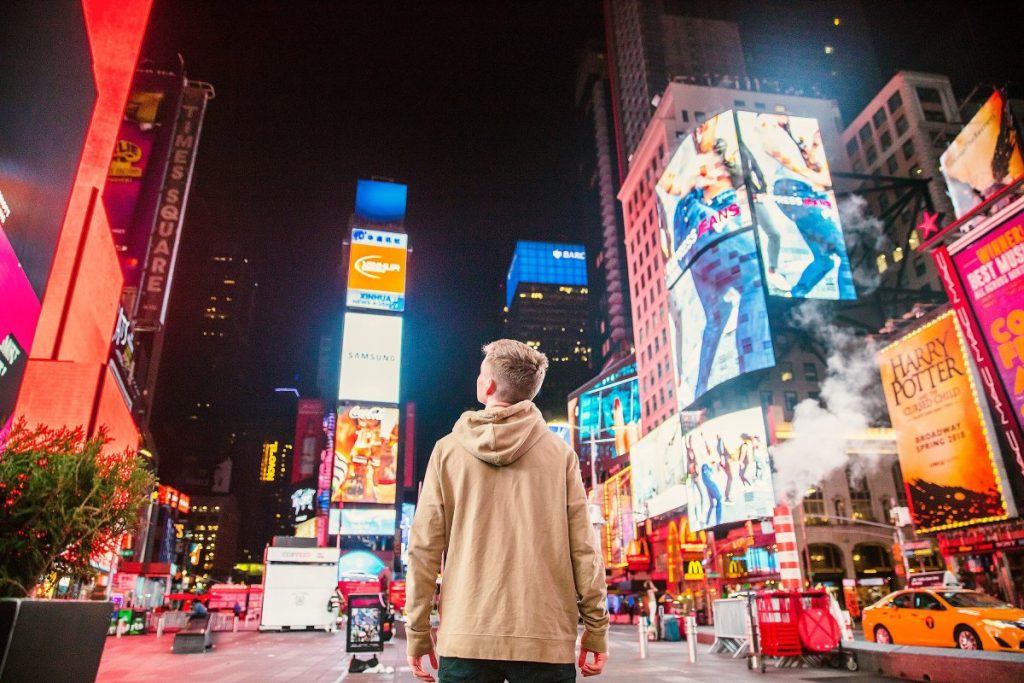The upcoming U.S. presidential election is set to have a significant impact on tourism marketers as advertising costs are expected to rise during this expensive election cycle. With campaigns for presidential, Congressional, state, and local races, political advertising is forecasted to reach a record $12 billion, up 28% from the previous election cycle. This increase in advertising spending will lead to higher rates on traditional advertising mediums like broadcast TV, radio, and out-of-home advertising, making it challenging for tourism marketers to get their message across.
As the election season progresses, TV, radio, and out-of-home advertising will be saturated with political ads, creating a crowded advertising space for tourism marketers. This increased competition for advertising slots will require tourism marketers to be creative and strategic in reaching their target audiences. Shifts in advertising strategies may include reallocating advertising budgets from traditional mediums to digital and social media platforms to reach travelers effectively during this busy and cluttered time.
Despite the challenges posed by the election season, tourism marketers are advised to adapt their advertising strategies to navigate the higher costs and crowded advertising space. This may involve exploring alternative advertising channels such as travel websites and booking platforms to connect with travelers amidst the din of political advertising. As advertising rates on traditional mediums skyrocket during the election cycle, tourism marketers will need to adjust their strategies to ensure that they continue to engage with their audiences and remain competitive in the market.
Leaders in the tourism industry are already preparing for the impact of the upcoming election on their advertising efforts. Brad Dean, CEO and president of Discover Puerto Rico, emphasized the importance of adapting to the changing advertising landscape during this time of heightened political advertising. Martha Sheridan, CEO and president of Meet Boston, highlighted the need for tourism marketers to be proactive in adjusting their advertising strategies to effectively reach their target audiences despite the challenges posed by the election cycle.
As the U.S. enters one of its most expensive election cycles, tourism marketers must be prepared to navigate the challenges presented by the increased advertising costs and competition for advertising slots. By being strategic and adaptable in their advertising approach, tourism marketers can still effectively engage with travelers and promote their destinations during this busy and cluttered time. It will be crucial for tourism marketers to explore new advertising channels and adjust their strategies to ensure that they can stay competitive and maintain visibility in a crowded advertising environment dominated by political campaigns.


